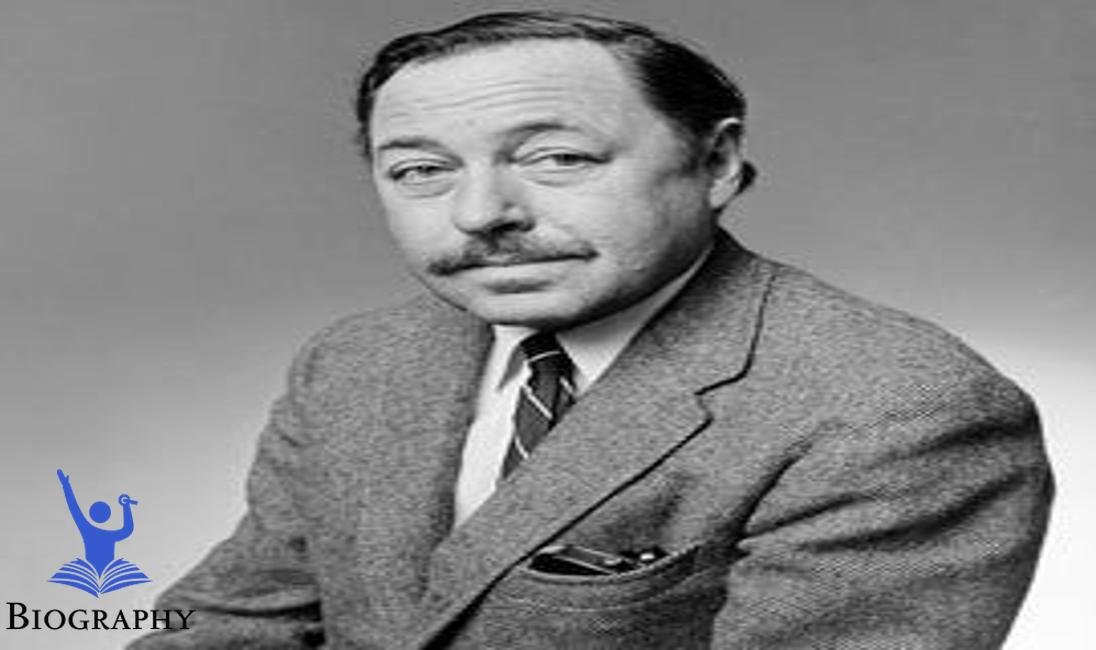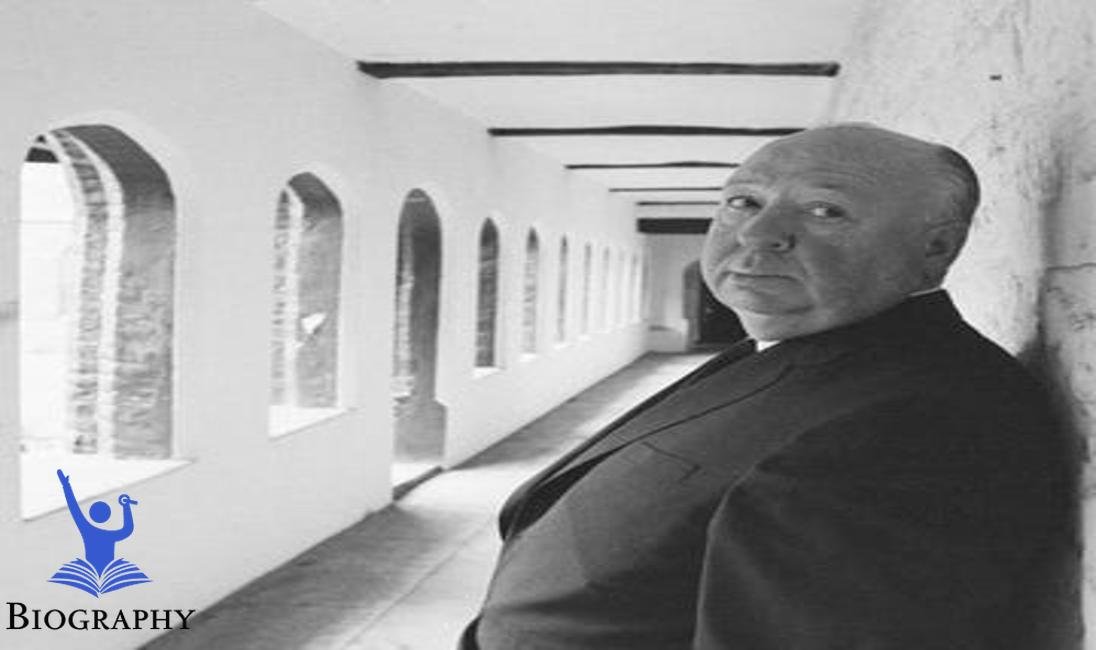Now Reading: Tennessee Williams | Plays, Education, Biography,Facts & Wiki
-
01
Tennessee Williams | Plays, Education, Biography,Facts & Wiki

Tennessee Williams | Plays, Education, Biography,Facts & Wiki
Tennessee Williams: A Biography
Quick Facts
| Attribute | Details |
|---|---|
| Age | Deceased (1911-1983) |
| Weight | Average for height (not publicly specified) |
| Height | 5 feet 11 inches |
| Original Name | Thomas Lanier Williams |
| Eye Color | Blue |
| Children’s Names | None |
| Birthdate | March 26, 1911 |
| Spouse | Frances T. Williams (m. 1939; div. 1943) |
| Home | Key West, Florida (later in life) |
| Hometown | Columbus, Mississippi |
| Origin | American |
| Exes | Numerous relationships, including men |
| Brand Ambassador Roles | Not formally identified |
1. Early Life and Family
Tennessee Williams Thomas Lanier Williams was born conceived on Walk 26 in 1911 in Columbus, Mississippi. He was the second of the three youngest members of the Williams family. His father, a mobile sales representative, often disappeared, leaving his mother, Edwina, to raise the youngsters. Edvinas and her struggles with emotional well-being had a profound effect on Tennessee and its formation.
As a child, Williams was withdrawn, finding much solace in books and his creative imagination. His more experienced sister Rose and more youthful brother Dakin also shaped his initial encounter. Rose, who suffered from psychosis, turned into a strong presence and presence in Tennessee games.
2. Early Career and Struggles
Moving on from Iowa College in 1938, Williams fought to establish himself as a playwright. He neglected his most memorable play, “Candidus,” but continued to compose. During this time, she faced challenges of her own, including financial insecurity and responsibility to loved ones.
Williams moved to New Orleans, a city that had a profound effect on him. He ended up in an imaginary environment where he began sharpening his art. Despite these challenges, he persevered and continued to deliver his work, facing repeated layoffs.
3. Rise to Stardom
Tennessee Williams made his leap forward in “The Glass Zoological Display,” which premiered in 1944. This play on the personal side captivated both the public and the academic community, making it a prominent voice in the American exhibition and it demonstrated Williams’ ability to blend personal engagement with broader issues.
The success of “The Glass Zoological Garden” opened the door to other important works, including “A Trolley Named Want,” which premiered in 1947. This play further cemented its position, and was successful won the Pulitzer Prize for the show in 1948. His remarkable story And the strong characters made him widely recognized and accepted was accepted.
4. Success
Through his career, Tennessee Williams produced such acclaimed plays as “Bundle of nerves,” “Sweet Bird of Youth.” Her works often explored issues of priority, emotional well-being, and cultural needs, giving voice to marginalized people.
Williams has received numerous prestigious grants, including two Pulitzer Prizes and a Tony Award. His ability to convey the depths of human emotion and the battles of life earned him a permanent place in American theater.
5. Failure
Despite his success, Williams faced adversity. His long career was later torn apart by private and skill battles. Some of his works, such as “The Milk Train Doesn’t Stop Here Any Longer,” neglected to get the same recognition as his earlier plays
He often struggled with stress and distress, which affected both his personal and professional life. In some cases, scholars have apologized for his later works, giving Williams a strong impression as he struggled to come to terms with his own importance in a phenomenal world that was making an impact the speed will hit him
6. Television Career
Despite the results on stage, Tennessee Williams released the same thing on TV. He adapted many of his plays for TV and dabbled in various creations. Ironically, his play “A Trolley Named Want” was adapted for TV in 1956, broadening it to a wider audience.
Williams’ commitment to TV reflected his transformation as a scriptwriter and allowed him to explore storytelling processes backstage.
7. Humanitarian Work
Tennessee Williams was tough on friendly issues and often used his foundation to support the underprivileged. She supported a variety of charitable causes, including a focus on LGBTQ+ liberation and emotional well-being. Williams’ personal meetings, especially his sister Rose’s mental well-being battles, defeated his promotion efforts.
Throughout his life he participated in the promotion of various opportunities and vehicles for the relief of the unfortunate. His legacy includes his impressive commitments and commitment to freedom for all.
8. Personal Life and Controversies
Tennessee Williams had a tumultuous personal life, punctuated by intimacy and forced fights. She had many intimate relationships, a significant number of them with men. Her sexuality often drew controversy, especially when cultural acceptance was taboo.
Williams married Frances T. Williams in 1939, but the marriage was fraught with difficulties and ended just two years after the fact. His affable and familial relationships greatly influenced his music, reflecting in many ways the themes of desire and character pursued in his plays
9. Legacy / Awards
Tennessee Williams died on February 25, 1983, but his estate believes. Hailed as perhaps the greatest American playwright, his works continue to be performed around the world. His unique voice and ability to handle sensitive issues prepared him for future playwrights.
Williams has received a variety of honors throughout her career, including two Pulitzer Prizes for the show and numerous Show Pundits grants. His major influence on the American synagogue is evident in the continued development of the appropriateness of his subject matter and characters. Today, Tennessee Williams is remembered for his commitment to incredible self-expression as well as the nuances of knowledge that matter in the human experience.
Conclusion
Tennessee Williams remains the pinnacle of American writing, known for his great analyzes of human emotions and social issues. From his early battles to his heights as an infallible writer, his structure, torn apart by impressive accomplishments and personal challenges, assures that his plays continue to move and inspire , and his voice remains an integral part of our social fabric. Through his work and support, Williams has spread a lasting impact that can only be felt on stage and then in some.








































